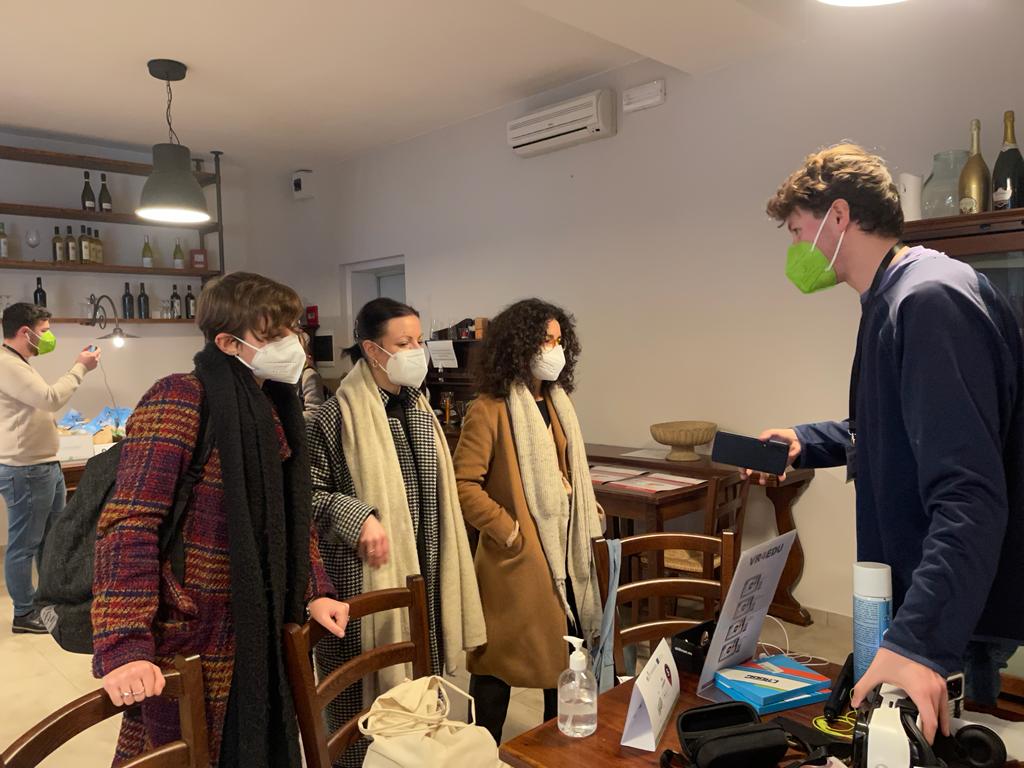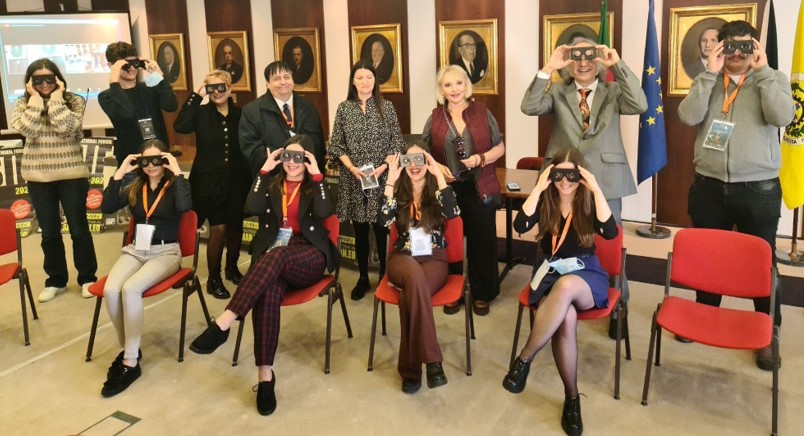The Covid pandemic we are dealing with brings out a lot of weaknesses both at an individual and collective level, but also offers some important opportunity, one of the most important being the development of new ICT (Information and Communication Technologies) tools and the increased diffusion and use of already existing ICT tools for supporting our daily life.
Young people have a great propensity to any ICT tool and this is both an opportunity – especially for education- and a threat as many youngsters fall in dangerous addictions to games, social media networks etc. with serious long-term effects. One of the most dangerous effect is youngsters’ isolation in front of a computer, which leads to an even higher disengagement in social and civic life, with negative impact both as individuals and as community. The risk that young people will alien in front of the computer is greater in a period of pandemic, when we are forced to stay home.
Young Europeans do value democracy but more efforts are needed to make sure that they feel included and are able to play an active role in the EU’s and Member States’ democratic life. Moreover, the way young people take part in the democratic life is changing, shifting from the participation to the life of traditional political parties to the involvement in grassroots movements, youth or volunteers’ associations or social network groups focused on specific issues.
In other words, the way young citizens get involved in the democratic life is changing and the challenge consists in not confusing young people (sometimes-unsuccessful) research for new ways of participation with lack of interest. We must help the younger ones to find a proper way –closer to the millennials’ style– to be active in the civil life of communities.



